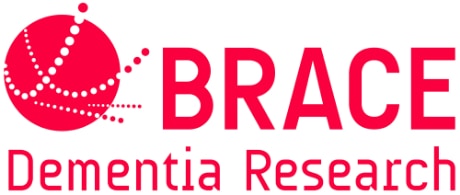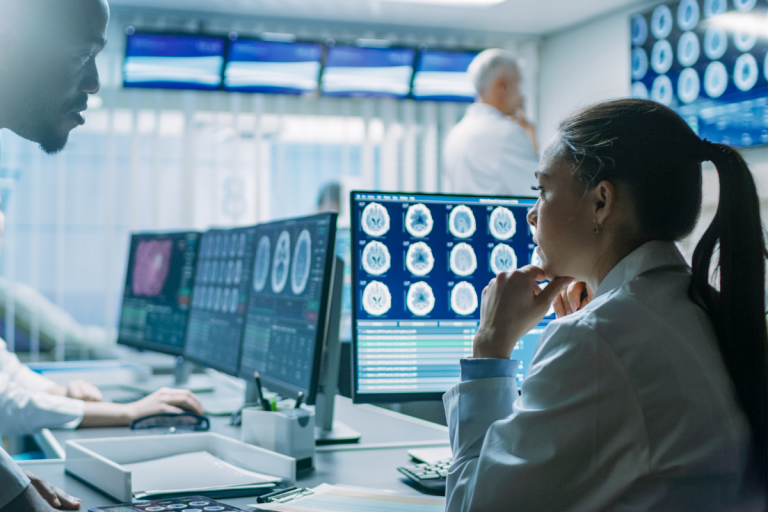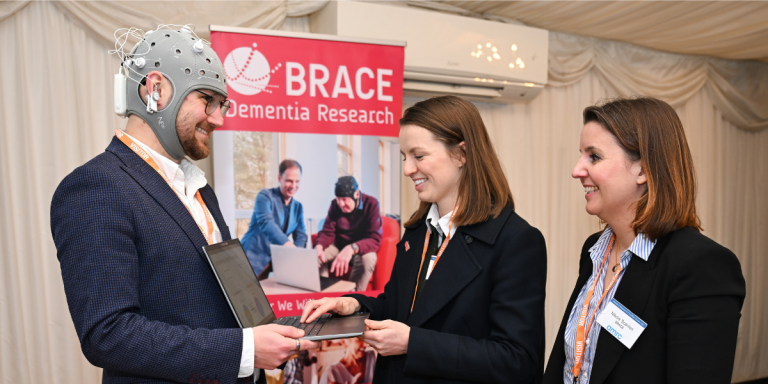Diagnosing Dementia
How do I know it's dementia?
Dementia is a complex disease, and a single test for dementia has not yet been discovered. For a long time, it was believed that dementia was just an unavoidable part of ageing, but scientific advances have brought us new ways to observe changes in the human brain, and helped us to diagnose dementia earlier and earlier.
A huge part of BRACE's mission is to help discover new ways of diagnosing dementia. You can read all about our progress in our impact report, or learn about the revolutionary BRACE-Funded "Fastball" test.
To receive a diagnosis, doctors and specialists use a combination of assessments and tests to help people with dementia get the appropriate treatment and support.
If dementia is diagnosed in the early stages and treated correctly, a patient can still lead an active and fulfilled life. It is also important to speak to your GP if you think you may have dementia. Not all ‘dementia symptoms’ are dementia and the GP and other medical staff will run tests to rule out other conditions.
General practitioners, neurologists, geriatric psychiatrists, and other specialists employ the following tests below to diagnose dementia.
The future of dementia testing
BRACE funding has also been crucial in the development of an early Alzheimer’s EEG test called Fastball. This test is now being investigated by the NHS, it is quick, low cost and portable. More research needs to be done before it will be publicly available, but it is showing very promising results. This type of test may be found in a GP surgery in the near future!
Share this page




